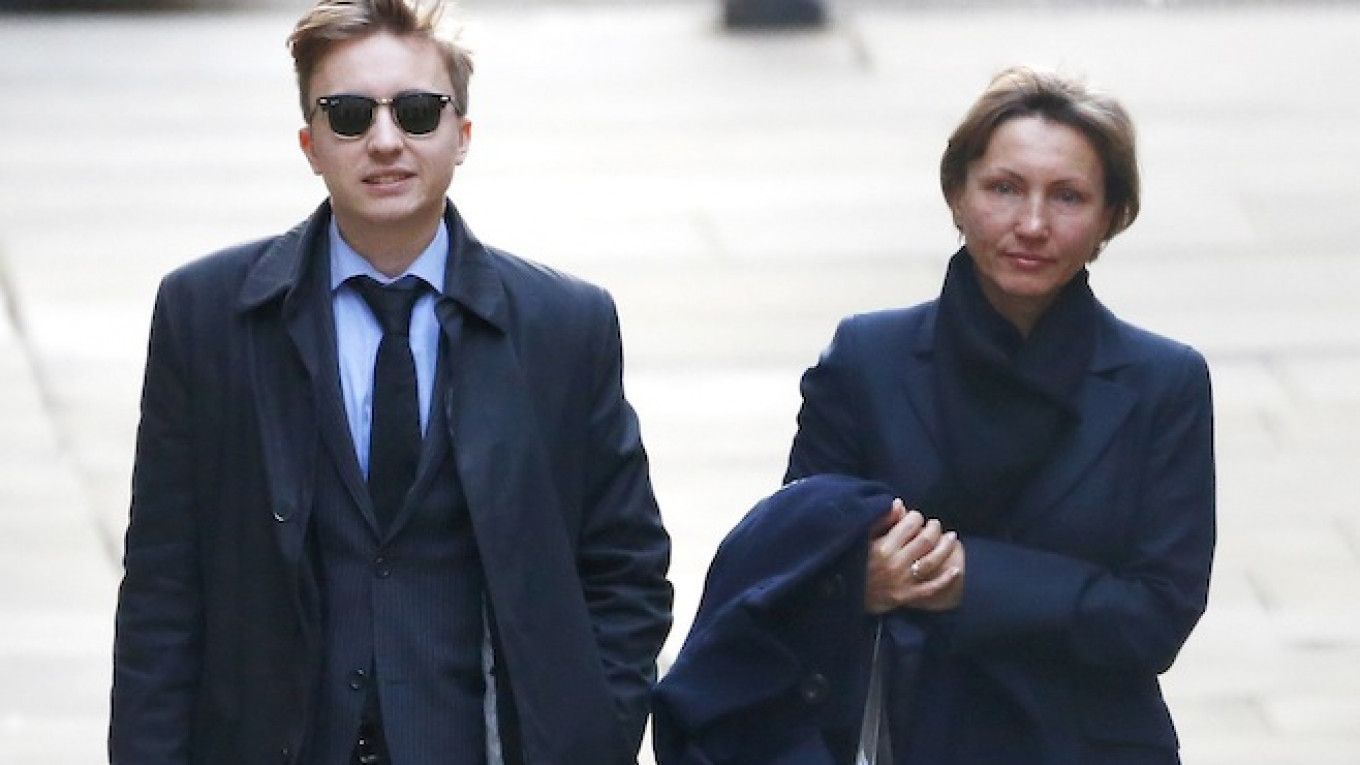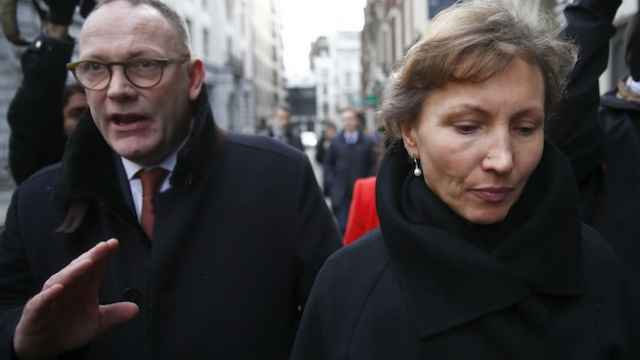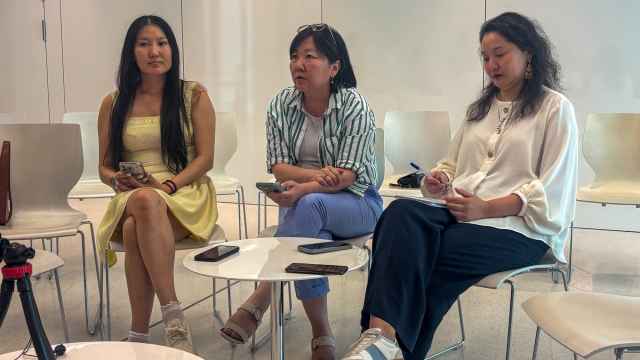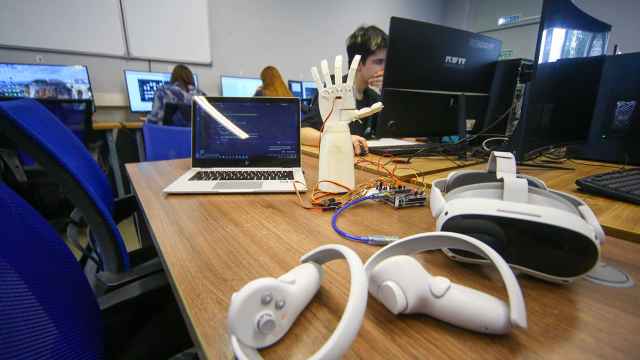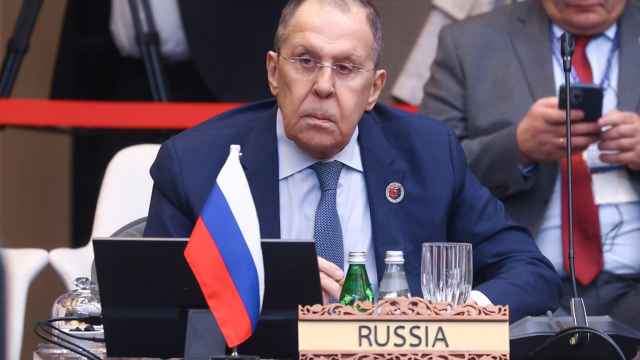The widow of former KGB officer Alexander Litvinenko described him Monday as a loyal intelligence agent who grew disillusioned with Russia's 1990s war in Chechnya and what he saw as the country's corrupted security services.
Marina Litvinenko said a turning point came when her husband was working for the anti-terrorism unit of the FSB security service during the first Chechen War. He interviewed a 17-year-old Chechen who told him his whole class had enlisted to fight Russia.
"For Sasha, this was shocking," she said, referring to her husband by the diminutive of his given name. It was "the first time he realized something [was] wrong in this war."
Marina Litvinenko testified Monday at an inquiry into the death of her husband, who fled to London in 2000 and became a strong critic of the Kremlin.
He died in November 2006 after drinking tea laced with radioactive polonium-210 during a meeting with two Russian men at a London hotel.
On his deathbed, Alexander Litvinenko accused Russian President Vladimir Putin of ordering his killing.
British police have identified two Russian men as the prime suspects, but they deny involvement and Moscow refuses to extradite them.
Marina Litvinenko has battled for years for a full inquiry into the death.
The British government long rejected holding a public inquiry, but reversed its position after a court challenge from Marina.
Witnesses are giving evidence in public, but classified intelligence evidence will be considered in private by the judge overseeing the inquiry, Robert Owen.
Dressed in black, Marina Litvinenko described her husband's growing unease about "dirty business" in the FSB, successor of the Soviet KGB.
She said his concerns peaked when it was suggested he kill Boris Berezovsky, a Russian oligarch who had fallen foul of the Kremlin.
"I believe it was a question — 'Could you, for example, kill Berezovsky?'" she said.
She said her husband met Putin, who was appointed director of the FSB in 1998, to complain about corruption, but came away thinking "it was not productive."
Litvinenko was arrested after accusing the FSB of plotting to kill Berezovsky at a 1998 news conference. He was released in late 1999 and fled to Britain the following year.
He remained close to Berezovsky, who lived in self-imposed exile in Britain from 2001 until his death in 2013. An inquest has failed to determine whether Berezovsky, found hanging at his ex-wife's home, had been killed or committed suicide.
A Message from The Moscow Times:
Dear readers,
We are facing unprecedented challenges. Russia's Prosecutor General's Office has designated The Moscow Times as an "undesirable" organization, criminalizing our work and putting our staff at risk of prosecution. This follows our earlier unjust labeling as a "foreign agent."
These actions are direct attempts to silence independent journalism in Russia. The authorities claim our work "discredits the decisions of the Russian leadership." We see things differently: we strive to provide accurate, unbiased reporting on Russia.
We, the journalists of The Moscow Times, refuse to be silenced. But to continue our work, we need your help.
Your support, no matter how small, makes a world of difference. If you can, please support us monthly starting from just $2. It's quick to set up, and every contribution makes a significant impact.
By supporting The Moscow Times, you're defending open, independent journalism in the face of repression. Thank you for standing with us.
Remind me later.


